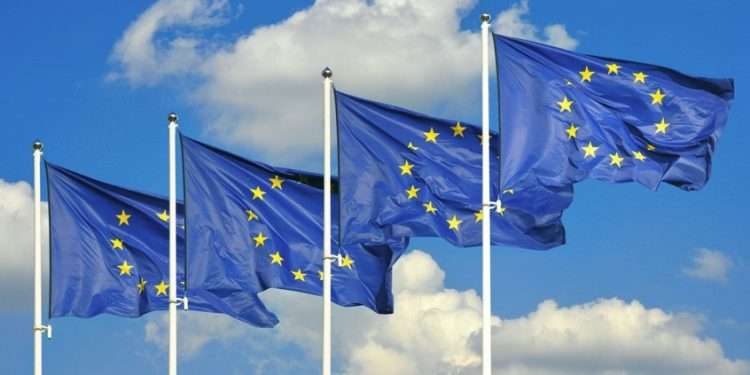EU ESG Rating Regulations
The Council of the European Union adopts ESG rating regulations aimed at improving the consistency, transparency, and comparability of EU ESG rating activities, and enhancing investors’ confidence in sustainable financial products.
The EU requires ESG rating providers to obtain authorization and supervision from the European Securities and Markets Authority (ESMA), and comply with transparency requirements for rating methods and information sources.
Related Post: EU Proposes Regulation on ESG Rating Services
Background of EU ESG Rating Regulations
In March 2018, the European Union released the Action Plan on Financing Sustainable Growth, aimed at directing funds towards sustainable investment. As part of this action plan, EU launched the Study on Sustainability related Ratings, Data and Research in 2021, aimed at assessing the development of the sustainable product and service market, analyzing ESG rating methods and the business activities of rating providers.
In July 2021, the European Union proposed Strategy for Financing the Transition to a Sustainable Economy and announced a public consultation on ESG ratings. The 2022 consultation results show that stakeholders have concerns about the transparency and clarity of ESG rating methods and rating activities, and hope that these issues will be addressed. The ESMA believes that the EU should adopt the ESG rating and data product provider recommendations proposed by the International Organization of Securities Commissions (IOSCO) in November 2021.
The EU believes that ESG ratings play an important role in global capital markets, and credit institutions, investment companies, insurance companies, and others use them as a reference for sustainable risks and opportunities in investment activities. ESG ratings have a significant impact on market operations and investor confidence. Therefore, it is necessary to ensure that ESG ratings provide important investment strategy, risk management, and disclosure obligation information to rating users, promoting the achievement of the goals of the European Green Deal.
Contents of EU ESG Rating Regulations
The EU believes that ESG rating providers need to ensure the quality of ESG ratings by providing separate environmental, social, and governance ratings. If the rating provider provides a summary of ESG ratings, the weight of each category needs to be disclosed. Rating providers need to use strict, systematic, independent, connected, and verifiable rating methods, and review the rating methods at least once a year. Rating providers need to disclose their rating methods, models, and key assumptions to the public, as well as whether the rating involves dual materiality (financial materiality and impact materiality). The public can conduct due diligence based on this information.
The EU requires ESG rating providers to prevent and mitigate potential conflicts of interest. Providers need to provide consulting, rating, benchmarking, auditing and other activities through different entities, and ensure the quality and integrity of the ESG rating and review process. Providers need to ensure that personnel involved in rating do not have financial, personal, business, or employment relationships with the issuer, in order to avoid affecting their independence and ability to continue participating. ESG rating providers are regulated by the ESMA, which will develop draft regulatory technical standards in the future and submit them for EU approval.
The EU ESG rating regulations does not provide regulations on ESG rating methods or rating contents. ESG rating methods can meet a wide range of user needs and promote market competition. For small ESG rating agencies, the EU plans to introduce a temporary system requiring them to only comply with regulations related to organization and transparency requirements. Small ESG rating agencies only need to apply for authorization to operate in the EU after the temporary system ends, and pay regulatory fees based on their revenue. These measures can ensure full market competition and reduce compliance costs for small participants.
Reference:
Environmental, Social and Governance (ESG) Ratings: Council Greenlights New Regulation








